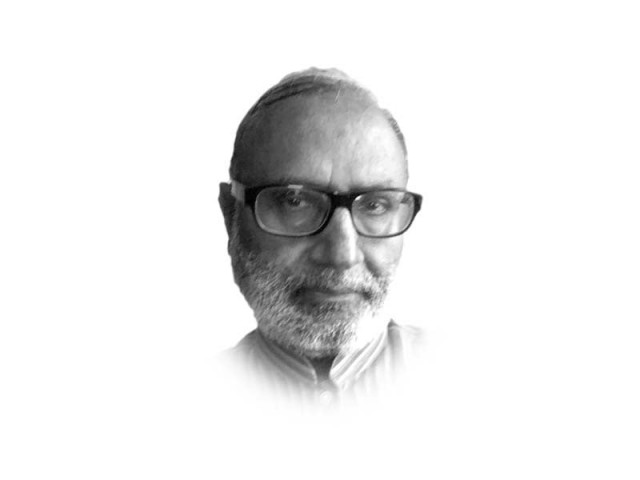Population planning matters
Pakistan was among the first countries to start a family planning programme

While we were still bubbling over with excitement on the naming of popular singer and social activist, Shehzad Roy, as honorary brand ambassador for population and family planning by the President of Pakistan as the chair of the Task Force on Population, the PPP Chairman roared in the National Assembly that the contraceptives were also on the long list of tax exemptions being withdrawn. It seems the President acted against the advice of the Prime Minister of the Riasat-e-Madina who ensured that the brand wouldn’t sell. But this prevention of the Malthusian preventive check will not necessarily take the 2017 population of 207 million to the UN projected 403 million by 2050. True to the reputation of ‘left hand doesn’t know what the right hand is doing’, the more lethal positive Malthusian checks will be in place. Baby food and formula milk are also being taxed.
Pakistan was among the first countries to start a family planning programme. Bengalis outnumbered the Punjabis, Sindhis, Pashtuns and Baloch all put together. It now seems that the unstated aim was to contain the population of East Bengal, first through the creation of One Unit of West Pakistan and political and fiscal parity with East Pakistan and then an effective family planning programme. Its greatest champion, Field Marshall Ayub Khan, is believed to have complained that the Bengalis are good only for producing children. Since the departure of the Field Marshall and the emergence of Bangladesh, family planning first underwent frequent name changes and then near disappearance from the priorities of what is now Pakistan. To its credit, Bangladesh now boasts a smaller population and a much higher GDP growth rate and income per capita. In Pakistan, public spending on population planning has been declining in absolute terms. From Rs20.5 billion in FY18, it fell to Rs14.3 billion in FY19 and further down to Rs11.4 billion in FY20. Bilawal’s Sindh is no exception. Spending decreased from Rs4.3 billion in FY19 to Rs4 billion in FY20. Oddly, the least populated Balochistan spends more than twice the amount spent by Khyber-Pakhtunkhwa. There has been a total collapse after the 18th amendment that devolved the subject to the provinces. Total expenditure before the Amendment in FY10 was 0.63% of the poverty reduction expenditure. In FY20 it was 0.03%.
To many the West has an agenda to contain the Muslim population. The Quaid-i-Azam is perhaps too secular. Allama Iqbal continues to command reverence. His devotees should know what he wrote in his very first book, Ilm-ul-Iktisad: “Poverty is the source of all crimes. If this great calamity is defeated the world will present a model of paradise .... But under the present circumstances the only way to freedom from the clutches of this evil spirit is a smaller population of the mankind so that the economic resources can support it.” The Allama continued: “In our country economic resources are limited but the population is growing day by day. Nature cures it by famine and disease. But we should also free ourselves from the limitations placed by the practice of marrying in childhood and the number of wives .... Our only aim here is to have fewer children. The desire to marry is a natural urge, the suppression of which is also not healthy.... This aim can be achieved by marrying late or, in other words, by reducing birth rate and by generally restraining sexual urges.” Thus to him, poverty was a social problem with an intimate relationship with a high rate of growth of population.
Published in The Express Tribune, January 14th, 2022.
Like Opinion & Editorial on Facebook, follow @ETOpEd on Twitter to receive all updates on all our daily pieces.














COMMENTS
Comments are moderated and generally will be posted if they are on-topic and not abusive.
For more information, please see our Comments FAQ